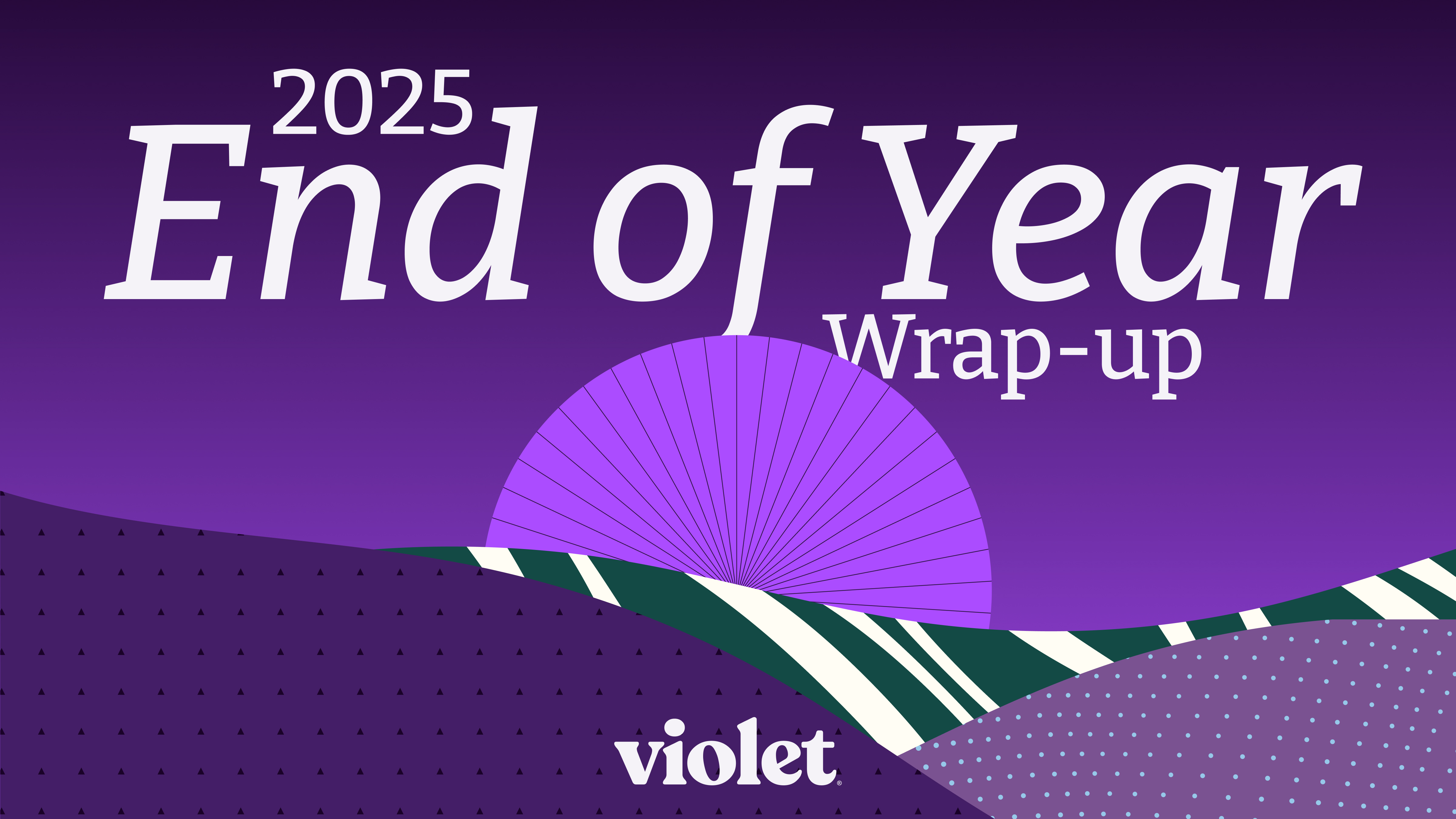In order to achieve health equity, health plans need to have a better understanding of where and why gaps in care occur. To help plans identify and address health disparities, the latest National Committee for Quality Assurance (NCQA) updates to the Healthcare Effectiveness Data and Information Set (HEDIS) measures for MY2024 include expanded race and ethnicity stratification and a focus on gender-inclusive language.
These measures are part of an ongoing effort to promote inclusivity and analyze gaps in outcomes. Improving the quality of race and ethnicity data is needed to measure disparities and develop and implement policies to promote health equity. Stratifying health plan performance by race and ethnicity also provides an opportunity to identify which existing equity strategies have been successful.
Historically, inconsistent data collection practices have hindered understanding and comparison across various subgroups and communities. Disaggregated data, broken down into detailed sub-categories, is essential for revealing disparities and informing targeted interventions. As the HEDIS: Data for Measurement Issue Brief explains, “The lack of completeness of race and ethnicity data raises cause for concern about relying solely on administrative data to accurately measure disparities in care. Beyond the issue of completeness, there is evidence to suggest variable accuracy of race and ethnicity in administrative data. Discrepancy in accuracy of data between racial and ethnic groups may limit the ability to correctly measure disparities in care.”
As innovators in the health equity space ourselves, we at Violet see race and ethnicity stratification as a major step in the right direction, albeit one that should have happened years ago. Health equity cannot be achieved without better demographic data, and this change will enable accurate assessment of current and future health disparity intervention work.
Language Diversity and Race and Ethnicity Stratification is now required for the following measures:
Access and Availability of Care
- Prenatal and Postpartum Care (PPC)
- Initiation and Engagement of Substance Use Disorder Treatment (IET)
Behavioral Health
- Follow-Up After Emergency Department Visit for Substance Use (FUA)
- Pharmacotherapy for Opioid Use Disorder (POD)
- Follow-Up After Hospitalization for Mental Illness (FUH)
- Follow-Up After Emergency Department Visit for Mental Illness (FUM)
Cardiovascular
- Controlling High Blood Pressure (CBP)
Diabetes
- Glycemic Status Assessment for Patients With Diabetes (GSD)
- Eye Exam for Patients With Diabetes (EED)
- Kidney Health Evaluation for Patients With Diabetes (KED)
Immunization
- Adult Immunization Status (AIS-E)
- Immunization for Adolescents (IMA, IMA-E)
- Childhood Immunization Status (CIS-E)
- Prenatal Immunization Status (PRS-E)
- Immunization for Adolescents (IMA, IMA-E)
Prevention & Screening
- Breast Cancer Screening (BCS-E)
- Colorectal Cancer Screening (COL-E)
- Cervical Cancer Screening (CCS-E)
- Prenatal Depression Screening and Follow-Up (PND-E)
- Postpartum Depression Screening and Follow-Up (PDS-E)ret
Utilization
- Well-Child Visits in the First 30 Months of Life (W30)
- Child and Adolescent Well Care Visits (WCV)
NCQA’s shift toward gender-affirming approaches to measurement.
As a way to ensure affirmative gender identity data practices within HEDIS measures, NCQA expanded the Breast Cancer Screening and Cervical Cancer Screening measures. This change is inclusive of Transgender and Non-Conforming (TGNC) patients who can benefit from routine screenings without having to list their gender as “woman”.
Past quality measures relied solely on "Administrative Gender," to gather information about both sex and gender for medical and administrative reasons. However, relying on one element for these different aspects can be misleading and cause confusion about TGNC patients’ actual medical needs due to health plans still often only listing member “sex” as their standard data practice.
This change in measurement is doubly beneficial, as it is more accurate and affirming for TGNC individuals who qualify for these life-saving screenings, and it will better capture data needed to close gaps in health disparities for these communities.
Paving the way for smarter quality interventions.
Better identification of disparities becomes achievable when health care data is stratified based on race, gender, ethnicity, language, sexual orientation, and other demographic and cultural identifiers. By breaking down data into these categories, providers can gain deeper insights into the unique challenges faced by different communities, enabling more targeted and effective interventions. This allows for a more nuanced and accurate understanding of the root causes of these disparities, empowering health plans and care organizations to tailor their approaches to better meet the needs of diverse patient populations, allocating time and resources to where they will do the most good. It’s also crucial to ensure that clinicians are equipped with the necessary skills and knowledge to effectively treat historically marginalized patients with cultural sensitivity, respecting diverse identities in health care delivery and appropriate clinical care.
Violet is at the forefront of this industry shift towards stratifying education across specific communities and disparities. By leading the way in this endeavor, Violet is paving the path for smarter quality interventions that are more inclusive and responsive to the needs of all patients who have been affected by bias, systemic inequity, and poorer quality of care.
Violet’s CQEI collections target critical disparities.
Violet's educational collections are thoughtfully created to address disparities with a focus on the communities most profoundly impacted by them. Our Clinical Quality Educational Interventions (CQEI) are tailored learning programs designed to equip providers with knowledge of health disparities and the skills to screen for and treat those disparities for specific communities, along with comprehensive knowledge regarding social determinants of health.
These culturally-specific interventions are specifically designed to foster a deeper understanding of how social determinants of health and health disparities can impact care delivery, ultimately aiming to improve preventive screening rates and overall health outcomes for targeted populations.
A sampling of Violet CQEI collections.
- Diabetes: Unveiling the Socioeconomic Roots in America
- LGBQ Breast/Chest and Cervical Cancer Screening
- LGBQ Colorectal Screening
- Understanding Neurodivergence in Youth: Foundations for Neuro-Affirming Care
- Understanding Neurodivergence: Navigating Life as a Neurominority
- Preventive Care: The Basics
- Depression Screening: Mental Health
- Depression Screening: Primary Care
- Reproductive Justice: The Basics
- Infant Feeding: Returning to Work
- Infant Feeding: Approaches to Cultural Differences
- Infant Feeding: Identity Centered Lactation Counseling
Request a demo to learn more about Violet’s education.

.svg)





.png)



.png)

.svg)



.svg)

